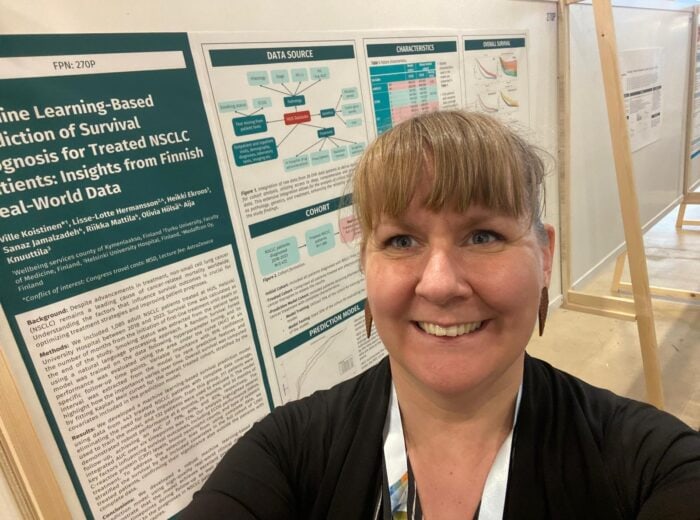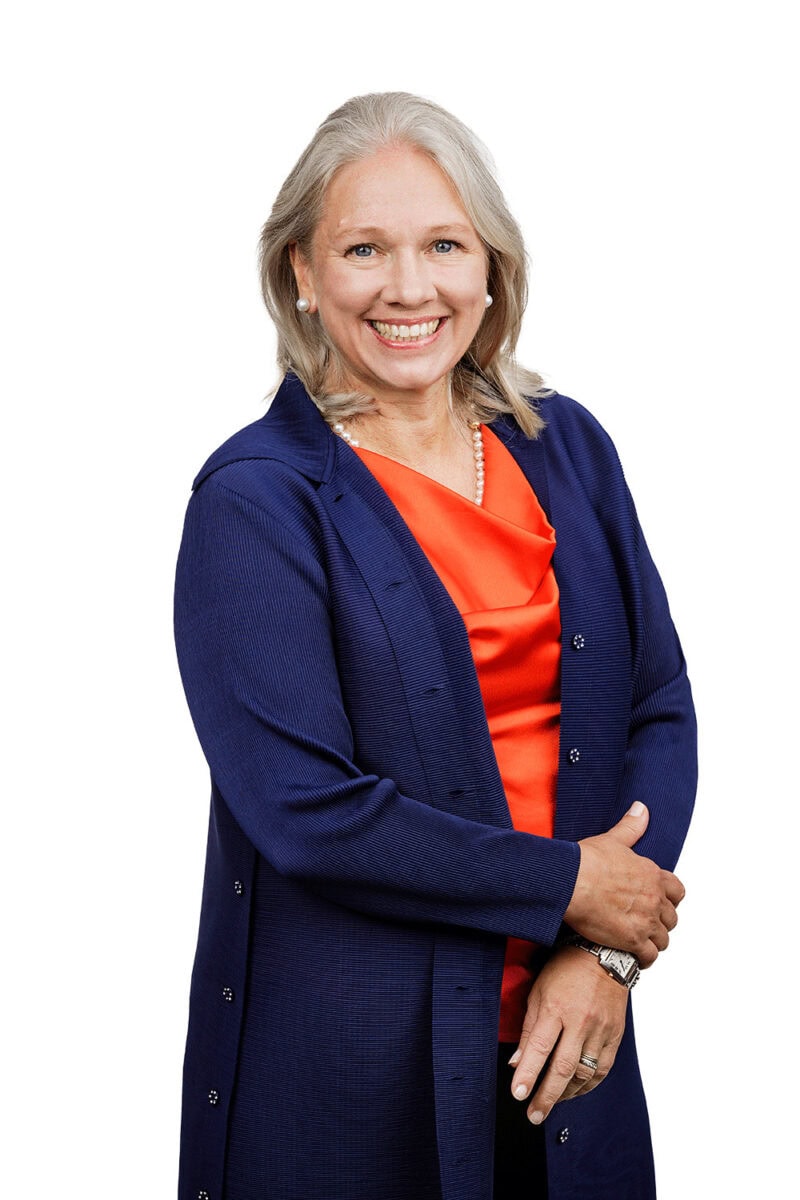Medaffcon Presented Insights from Finnish Real-World Data at European Lung Cancer Congress
Medaffcon's European Lung Cancer Congress (ELCC) poster showcased key findings from a recent study on non-small cell lung cancer (NSCLC).
Sweden’s publicly funded healthcare system and universal access to specialized health care make the data derived from Sweden broadly generalizable, covering diverse populations including different ethnic backgrounds.
The wealth of population-level health and administrative data in Sweden, often reaching nearly 100 percent coverage with high concordance, serves as a valuable resource to pharmaceutical companies for real-world evidence (RWE).
The ability to unambiguously link data from various sources over time using the unique Swedish identity number enhances the richness of datasets. With data ownership spread across national and regional databases, disease-specific quality registries, hospital-level data, biobanks, and researcher-generated databases, Sweden offers abundant opportunities for registry-based RWE studies. In particular, having in-depth hospital-level data is a valuable asset, facilitating the possibility of building well-designed external control arms.
Swedish registers also provide information on administrative data such as pricing of pharmaceuticals and medical operations. The readily available data on sick leaves with ICD-10 codes and socioeconomic factors enables exploration of illness-related leave from work, patients’ educational backgrounds, household income, etc.
“Sweden is a highly dynamic environment aiming to continuously keep its position among the top and to develop into a globally leading RWE generation country for pharma market, innovation and research. Therefore, monitoring Sweden’s progress closely is advisable for pharma companies”, says Medaffcon´s Lead RWE epidemiologist Johanna Simin.
An excellent partner for mapping the Swedish market is Medaffcon, a pioneer in RWE and biobank research in Finland. Its expertise now extends to registry research in Sweden.
Aggregate-level national real-world evidence (RWE) data in Sweden can be obtained in 1-5 days. Ethical approval is not required. The data includes:
With this information, clients can make decisions about market entry very quickly. Fast access also rapidly provides the information needed for discussions with authorities regarding ongoing market access processes.
Leveraging Swedish Real-World Health Data for Research and Development
Medaffcon, founded in 2009, is a Nordic research and consulting company specializing in Real-World Evidence, Medical Affairs, and Market Access. With offices in Stockholm, Sweden, and Espoo, Finland, we provide expert services across the Nordic region. Our services combine strong medical and health economic expertise with modern data science.
The company employs some 30 experts. Since 2017, Medaffcon has been a subsidiary of Tamro Oyj and is part of the PHOENIX group, which is a leading provider of healthcare services in Europe.

Medaffcon's European Lung Cancer Congress (ELCC) poster showcased key findings from a recent study on non-small cell lung cancer (NSCLC).

Johan Rehnberg started working as a Scientific Advisor at Medaffcon’s Swedish office in August 2024. He is a dynamic researcher who values opportunities to learn new things and develop his skills – opportunities that Medaffcon provides.

The algorithm was originally developed to extract smoking status from patient texts with purpose to analyze the effects of smoking on postoperative complications. Today, it is also being utilized in lung cancer research.

Country Director Sweden
M.Sc (Econ.) & M.Sc (Health Econ)
+46 73 447 47 27
lisse-lotte.hermansson@medaffcon.se
Lisse-Lotte started at Medaffcon 1st of October 2024. Previously she was at a Swedish-German company as CSO Chief Scientific Officer, consulting European companies about Nordic health data opportunities and market access. She has a M.Sc (Econ.) from Helsingin School of Economics and a M.Sc (Health Econ) from Karolinska. Additionally a Ph.D student at the University of Turku in Health Economics. She has obtained a long experience from global pharma and medtech. She has lived over 20 years in Sweden.
The current development gives new possibilities to utilise data. With AI we can produce synthetic data and build digital twins that can actually support drug development and support healthcare providers. Innovative solutions are only useful if they are adopted to daily practice.
Old ways of working will vanish and RWD will be acknowledged as an excellent option or support for RCTs. As RWD is enabling more cost-effective evidence generation for new treatments. Treatments need to be more personalised so that the right drugs, diagnostics and devices are used for the right patients at the right time.